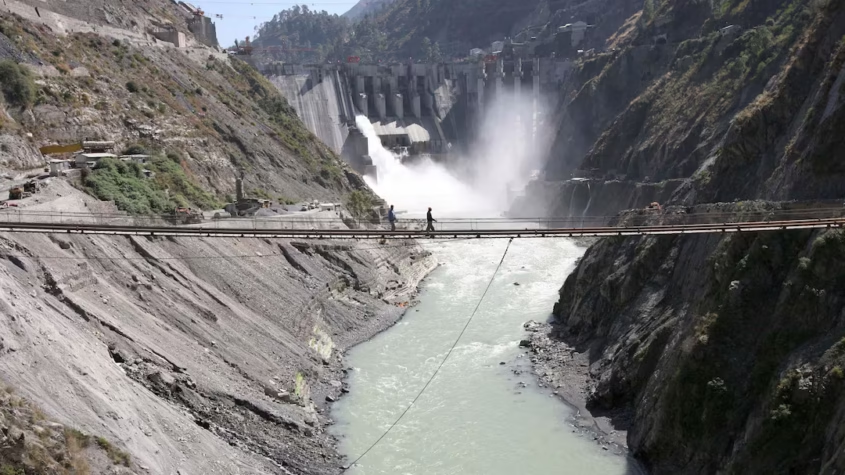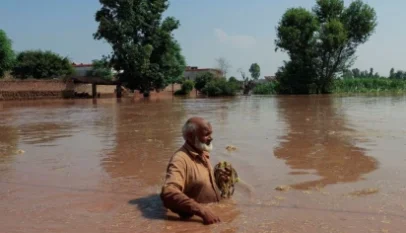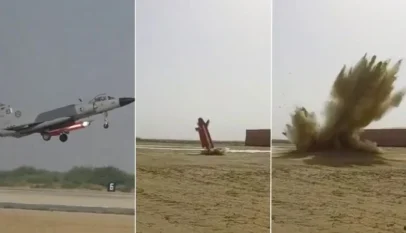
India has initiated sediment flushing operations at two major hydroelectric projects in Indian-occupied Kashmir after suspending the Indus Waters Treaty with Pakistan, Reuters reported, citing sources familiar with the matter.
The move follows rising tensions after a deadly attack in Pahalgam on April 22, which killed 26 people. India has suggested cross-border links, a claim Pakistan strongly denies, calling for an independent investigation.
Sources said the reservoir flushing at the Salal and Baglihar dams—operated by state-run NHPC—began on May 1 without prior notice to Pakistan. This marks the first such operation since the dams were commissioned in 1987 and 2009, respectively, and was previously restricted under the treaty.
Though the activity does not immediately impact Pakistan’s water supply, experts warn that continued unnotified operations could pose future risks, as Pakistan relies heavily on the Indus River system for agriculture and energy.
The suspension of the 1960 treaty—which governs water sharing between the two nations—means India may now proceed with hydropower projects without restrictions. Former Indian officials say it grants New Delhi greater freedom in dam operations.
India’s water minister recently vowed to prevent any Indus water from reaching Pakistan, while Islamabad continues to push for international arbitration over disputed projects like Kishenganga and Ratle.
Locals in the region confirmed water releases from the dams during the three-day operation. Meanwhile, Pakistani authorities and the global community are monitoring the developments amid fears of further escalation between the nuclear-armed neighbours.
Source: Web Desk
Pakistan rejects Taliban spokesman’s remarks, cites evidence of cross-border militancy
ISLAMABAD (RNN TV) — Pakistan on Tuesday strongly rejected remarks by Taliban spokes…















